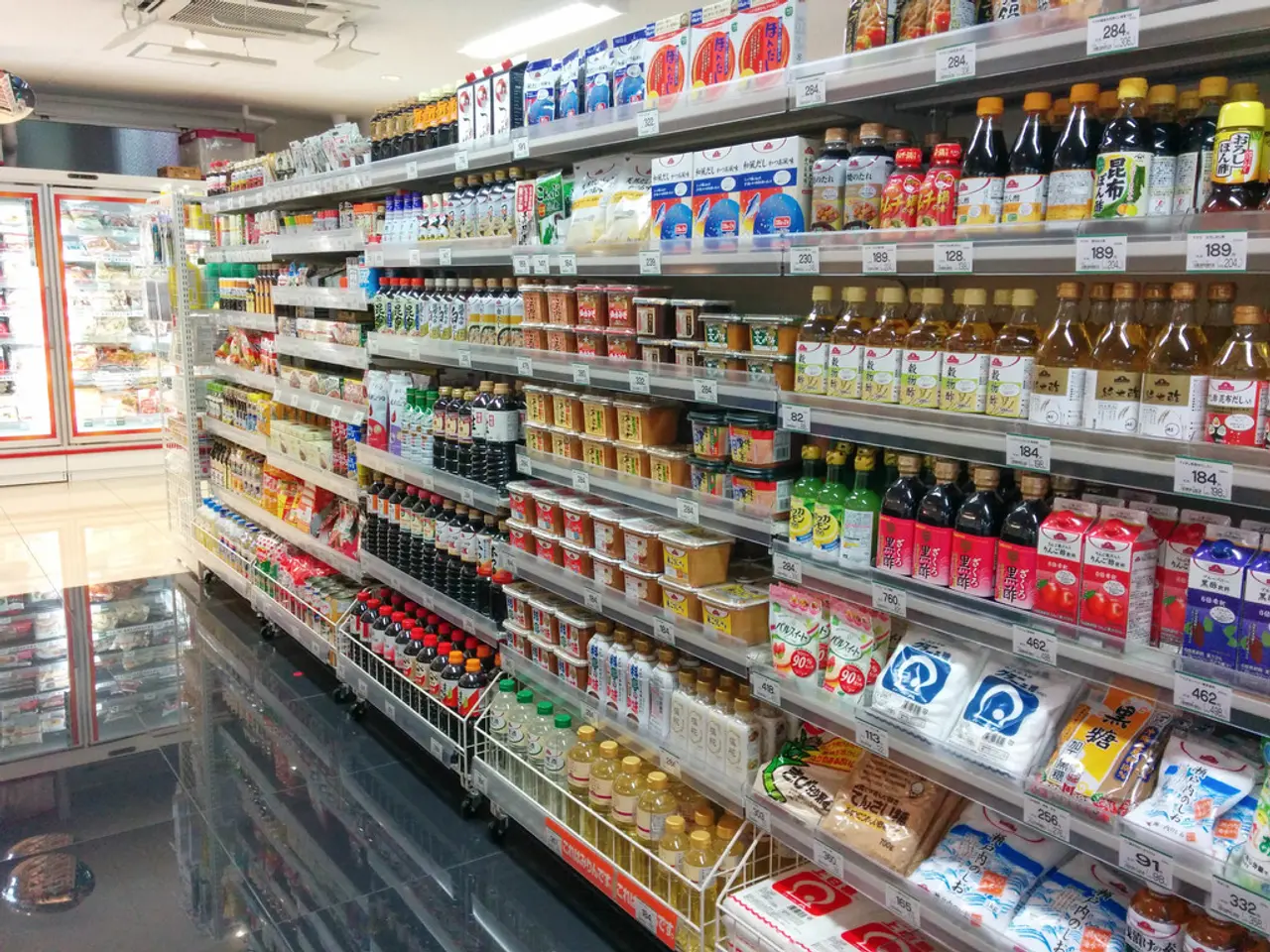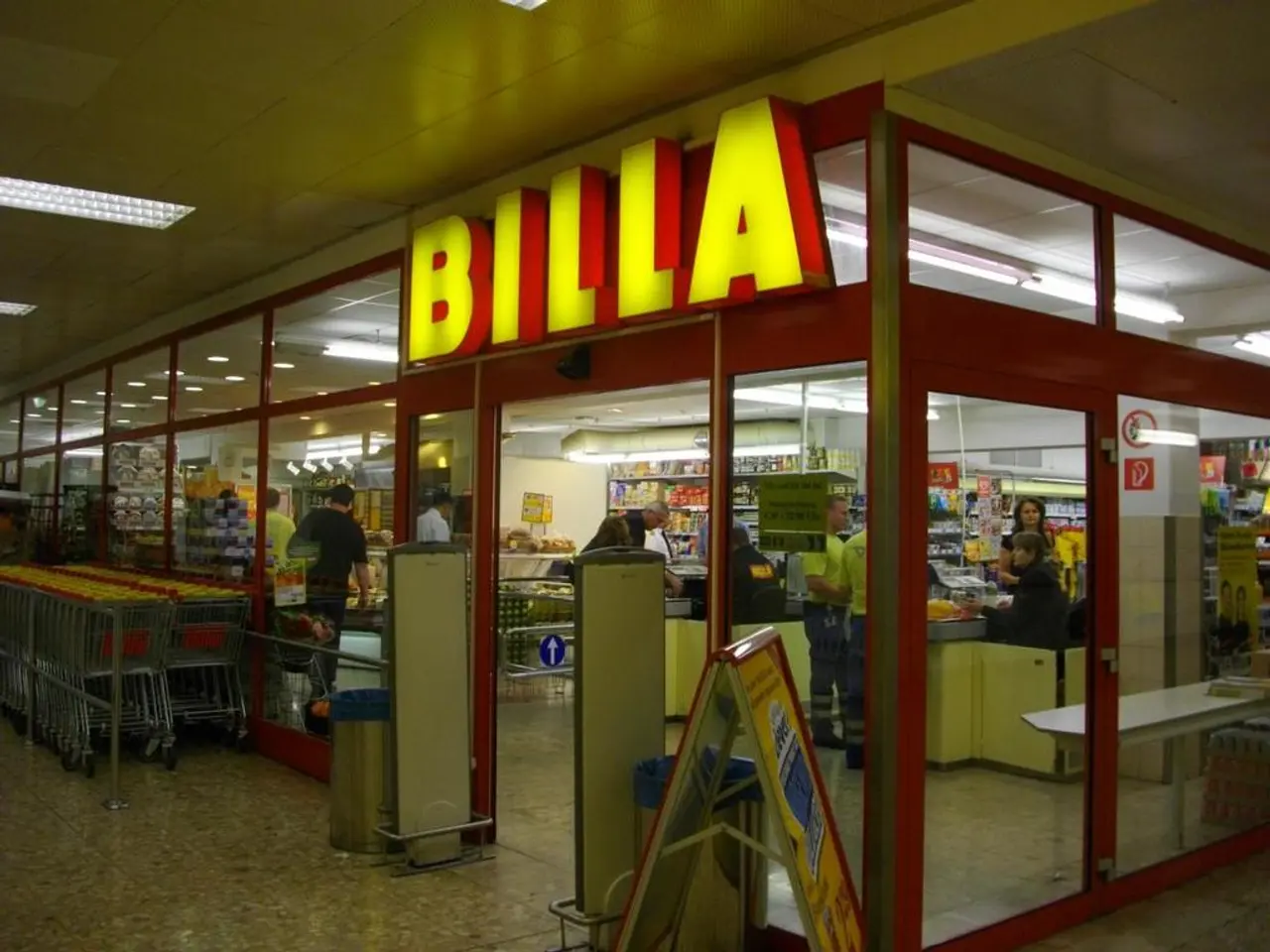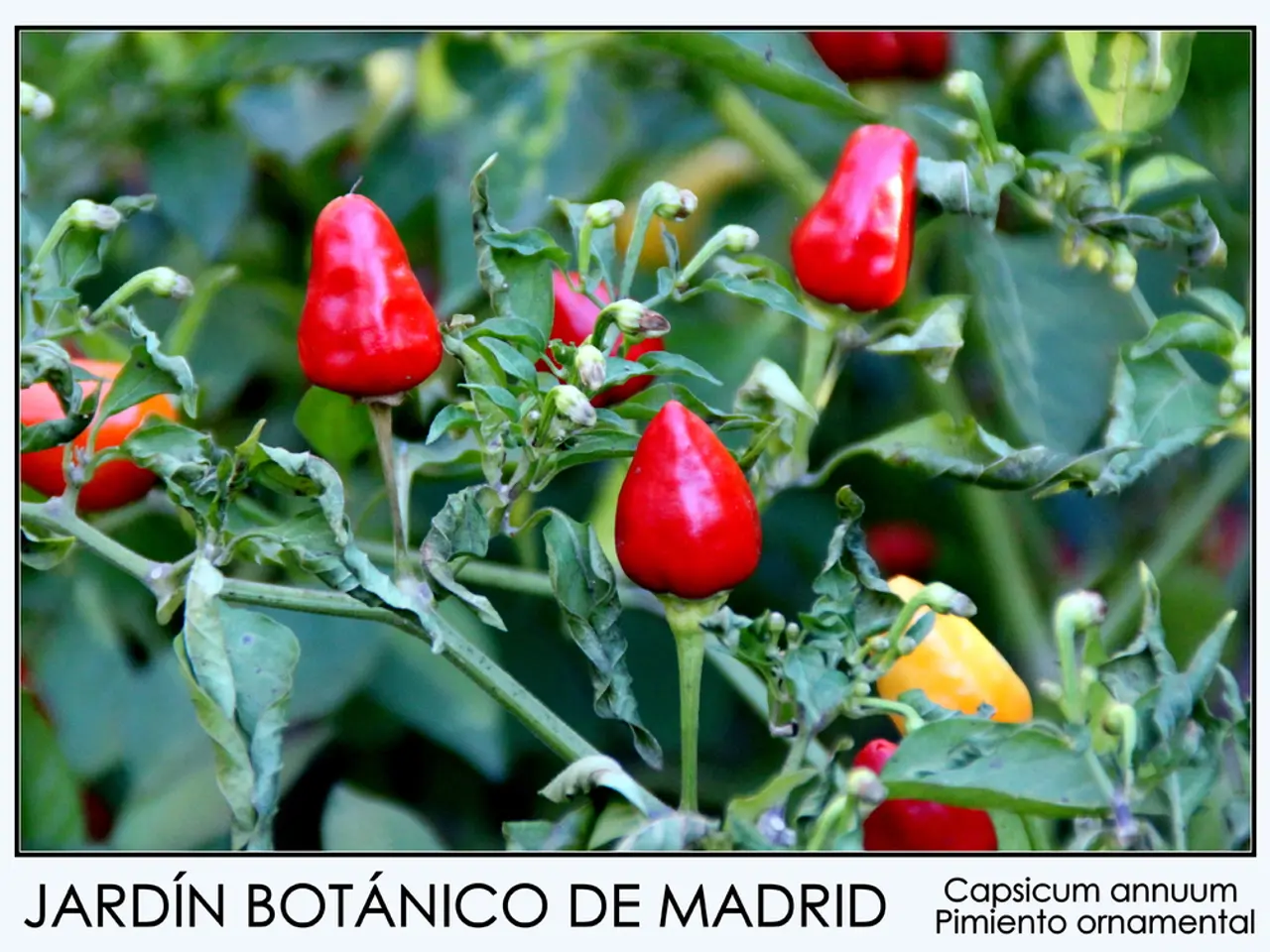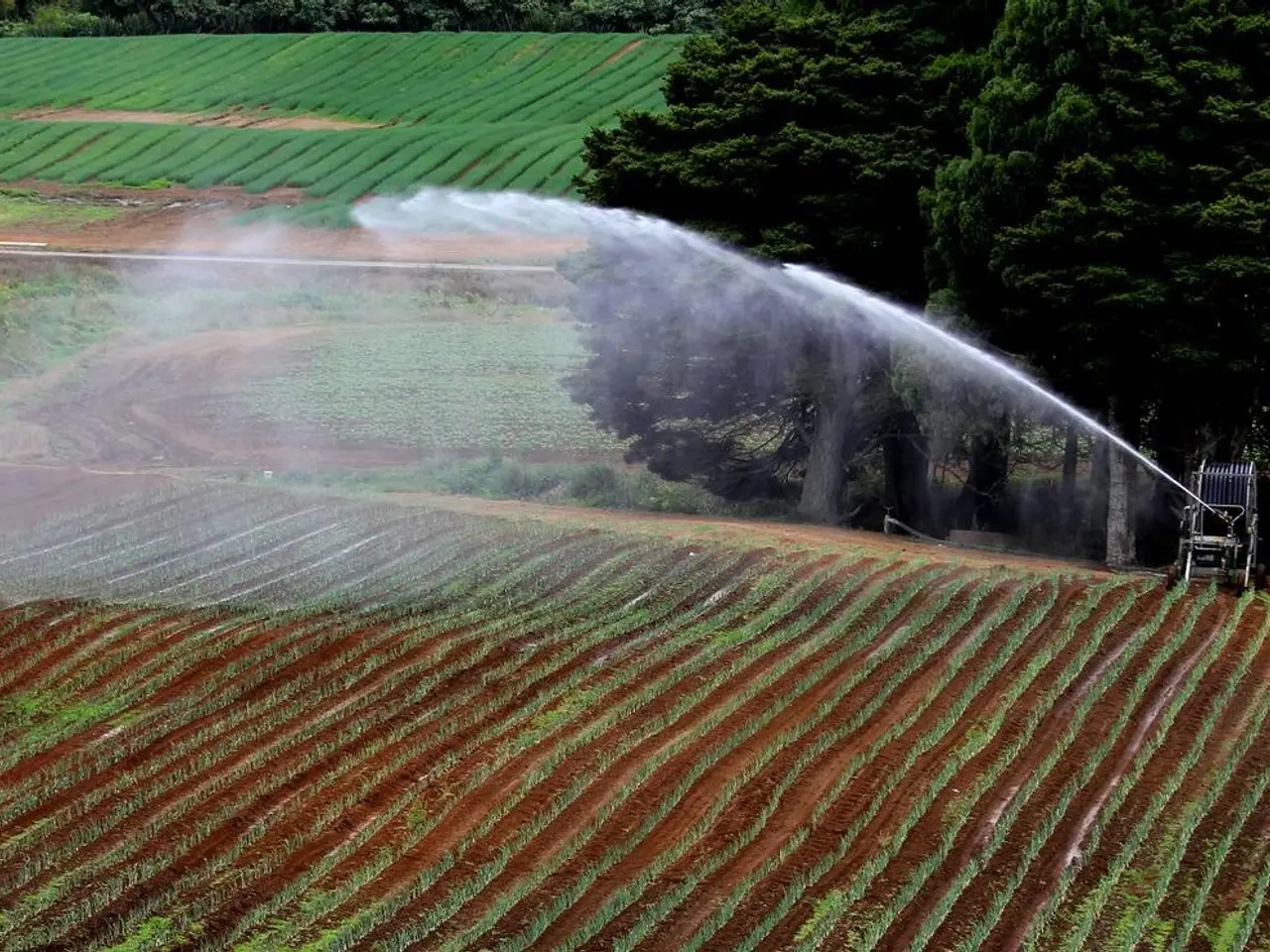Stores of Whole Foods Markets Unveiled on Two Successive Days
Whole Foods Market Opens New Store in Chicago Area, Emphasizes Sustainability
Whole Foods Market, a leading natural and organic food retailer, has expanded its footprint in the United States with the opening of a new store in the greater Chicago area on June 25. The store, located in St. Charles, Ill., at 300 S. 2 St. in the downtown district, marks the company's latest venture, offering a wide variety of products to cater to the local community.
The 36,234 square feet store stocks more than 650 locally sourced products from the Midwest, including 500 items from over 130 Florida suppliers. The store also carries Whole Foods' signature assortment, featuring organic, conventional, and Sourced for Good produce, artisan cheeses, fresh meat and poultry, sustainably wild caught or Responsibly Farmed seafood, prepared foods, specialty bakery, and a curated grocery section.
In line with its commitment to sustainability, Whole Foods Market has integrated ecological responsibility into its sourcing and operational practices. The company's sustainability initiatives broadly focus on advancing regenerative agriculture, biodiversity restoration, reducing emissions, responsible sourcing, and increasing food access.
Whole Foods has partnered with Mad Agriculture to launch a national "biodiversity highway" initiative aimed at restoring native ecosystems and creating connected climate-resilient habitats across U.S. farmland. The project, which starts in Wisconsin’s Lowery Creek Watershed, focuses on improving soil and water health, carbon storage, pest management, and reducing erosion by cultivating perennial crops that minimize tillage.
The company has doubled its number of certified regenerative products to 301, verified by third-party standards like Regenerative Organic Certified and Ecological Outcome Verified. Whole Foods is also reducing supply chain emissions by working with suppliers such as shrimp and dairy producers to accelerate carbon-reduction initiatives. In stores, they have solar installations in 64 locations, use lower-global warming potential refrigerants in 235 stores, and provide 389 electric vehicle charging stations to improve energy efficiency.
Through its "Sourced for Good" program, Whole Foods has supplied over $8.8 million in premiums that benefit workers, their communities, and the environment. The company has also donated over 34.6 million pounds of food—equivalent to nearly 29 million meals—to more than 1,000 food rescue and redistribution programs across North America. Their foundation has invested $14.2 million in 1,239 organizations and schools across 39 countries supporting food access, education, and economic opportunities.
Whole Foods Market is not only committed to sustainability but also to the local communities it serves. In St. Charles, the store is donating an all-electric refrigerated van and surplus products to a nonprofit food relief organization. The company is also supporting other local service groups in the St. Charles community.
The St. Charles store is led by Blake Guarnieri. To celebrate the grand opening, the first 300 customers in line received a limited-edition tote bag and Secret Saver coupon. The store also offers Cuban-inspired beverages at the coffee bar.
Amazon, the parent company of Whole Foods, is No. 2 on Progressive Grocer's 2025 list of the top food and consumables retailers in North America. The company's unified teams across its grocery banners, including Amazon Fresh, Amazon Go, and Amazon.com, continue to drive innovation and growth in the retail sector.
In addition to the St. Charles store, Whole Foods Market is also opening a new store in the midtown neighborhood of Miami, Florida. The company is donating food to Miami-area nonprofits to support the local community. Whole Foods Market is committed to making a positive impact on the environment, the communities it serves, and the food industry as a whole.
[1] Mad Agriculture [2] Whole Foods Market Sustainability [3] Biodiversity Highway [4] Regenerative Organic Certified [5] Ecological Outcome Verified
- Whole Foods Market, in partnership with Mad Agriculture, aims to restore native ecosystems across U.S. farmland by launching a "biodiversity highway" initiative, focusing initially on Wisconsin's Lowery Creek Watershed.
- As part of its sustainability commitment, Whole Foods Market has increased the number of certified regenerative products to 301, with third-party certifications like Regenerative Organic Certified and Ecological Outcome Verified.




